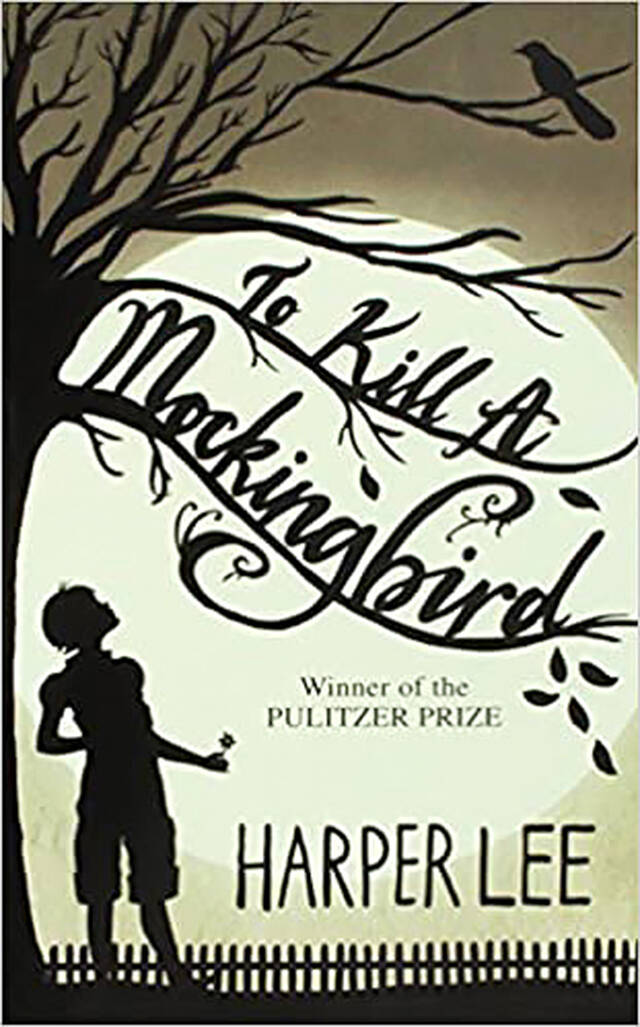MUKILTEO — The Mukilteo School Board will vote in two weeks to decide if “To Kill a Mockingbird” should be required reading in the ninth grade.
At Monday’s meeting, board members offered differing opinions on a novel that students have been reading for six decades.
Three high school English teachers made the request in September that the book be removed from the required reading list for freshmen.
Reasons included it “celebrates white saviorhood,” “marginalizes characters of color” and “uses the ‘n’ word almost 50 times.”
This is the first time in over 20 years a book faces removal from required reading in the district.
The 20-member Instructional Materials Committee of staff and parents evaluated the removal request and heard both sides. They recommended to the board the novel not be required curriculum, but that it should remain on the approved novels list for teachers to use.
The book tells the story of a white lawyer defending a Black man wrongly accused of rape in Alabama in the 1930s, and it uses the dialogue of that time and place. The theme is prejudice and loss of innocence. Harper Lee’s novel won a Pulitzer Prize in 1961.
Each grade has a required novel. Freshmen read “Mockingbird.” Sophomores are assigned “Things Fall Apart,” juniors read “Their Eyes Were Watching God,” and for seniors the book is “Pygmalion.” In lower grades, books are “Talk Two Moons” for sixth grade; “Tangerine” for seventh grade; and “Fahrenheit 451” or “The Giver” for eighth grade.
For years, “To Kill a Mockingbird” has been challenged and at times removed or banned by other school districts nationwide.
In the request, teachers Verena Kuzmany, Riley Gaggero and Rachel Johnson suggested replacing the book with “All American Boys,” a 2015 novel about two teens, one Black and one white, handling racism and police brutality. That novel has also been “banned and challenged due to profanity, drug use, and alcoholism, and because it was thought to promote anti-police views,” according to the American Library Association.
Board member John Gahagan planned to do some reading homework of his own before deciding.
“I am going to re-read the book,” Gahagan said of “Mockingbird.” “It has been 50-plus years.”
He mentioned the notion of “white saviorhood.”
“Why is it always that a white guy has to come and save the day?” he said. “It’s a beloved book, but maybe after 60 years it’s time to re-look at that. Not to say kids can’t read it, teachers can’t teach it, but should we require it?”
Charles Hauck, the sole new member on the board, appeared to have already made up his mind.
“Other generations of children have read this book and understood it and used it in their learning experience,” Hauck said. “It’s a bad thing to start out picking and choosing books. Once you start this process, I don’t see any end to it. The book has the ability to teach, not to destroy and not to make someone feel bad.”
Thien Nguyen, Mariner High School student board representative, said some students are offended by the derogatory terms.
“There are so many better books out there … that can offer valuable insights in a less harmful way and a more educational way,” Thien said.
He called for more student input in the decision.
“One missing variable is the students, whose voices matter the most in this discussion,” he said.
Monica Chandler, district director of curriculum and professional development, said racial events in recent years prompted seeing the book “through a different lens.”
“The students in our classrooms are very different than the students we had 30 years ago,” she said.
Ann Freeman, a community member, voiced opposition to the book’s removal.
“It is through our discomfort with any literary work that we gain insight, true learning and then can effect change,” she said. “The answer is not to remove it.”
Kamiak teacher Kuzmany stated her case at the meeting.
“Regarding the romanticizing of this book as a beloved classic, I’d like to ask those of you listening today to consider for whom this text exactly is a cherished classic,” she said. “… Just as Confederate statues have no place in our cities and should be dethroned from pillars of history, we should re-examine texts that do not provide our students of color, who continue to be marginalized in our society and in our schools, with an empowering narrative.”
Judy Schwab, a board member since 1997, expressed concern the removal would be “setting a precedent for all novels going forward.”
She cited the “misogyny in the works of Shakespeare” or “‘The Diary of Anne Frank,’ a true story of Jews being persecuted.”
The board is set to vote on its decision Jan. 24.
Andrea Brown: abrown@heraldnet.com; 425-339-3443. Twitter @reporterbrown.
Talk to us
> Give us your news tips.
> Send us a letter to the editor.
> More Herald contact information.

























